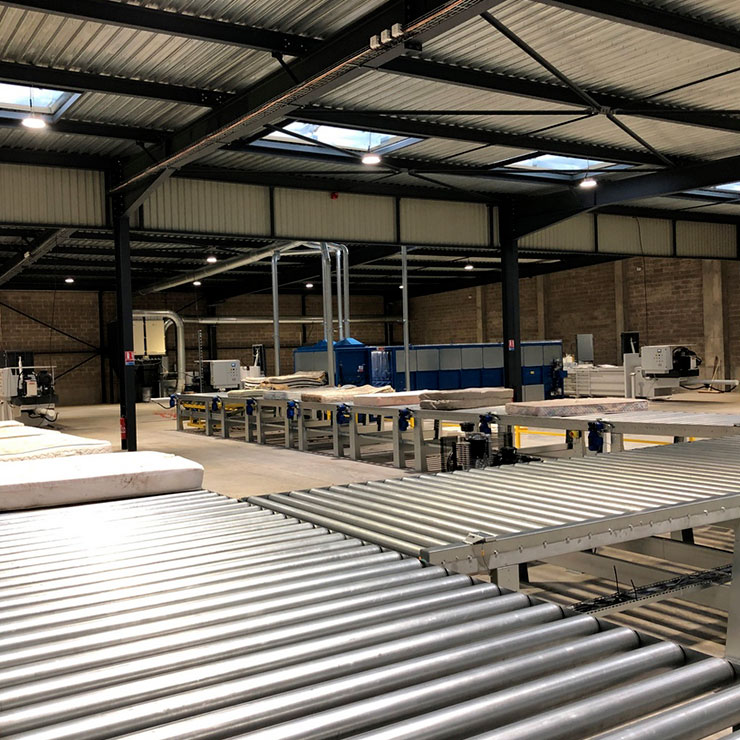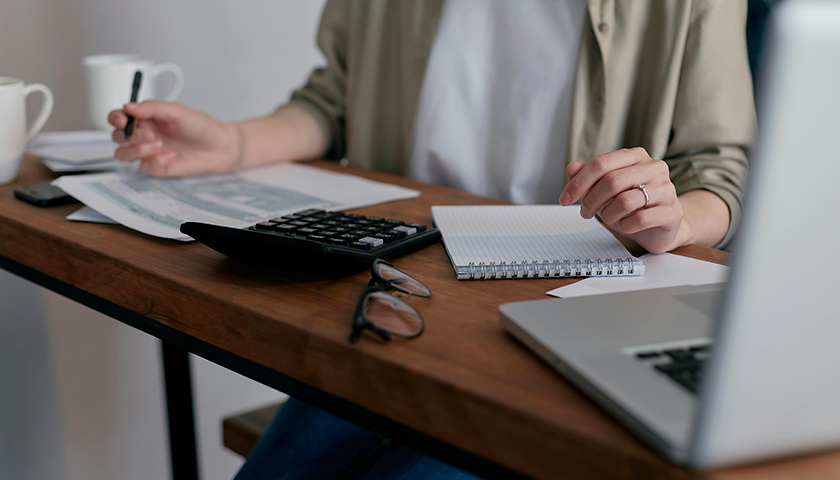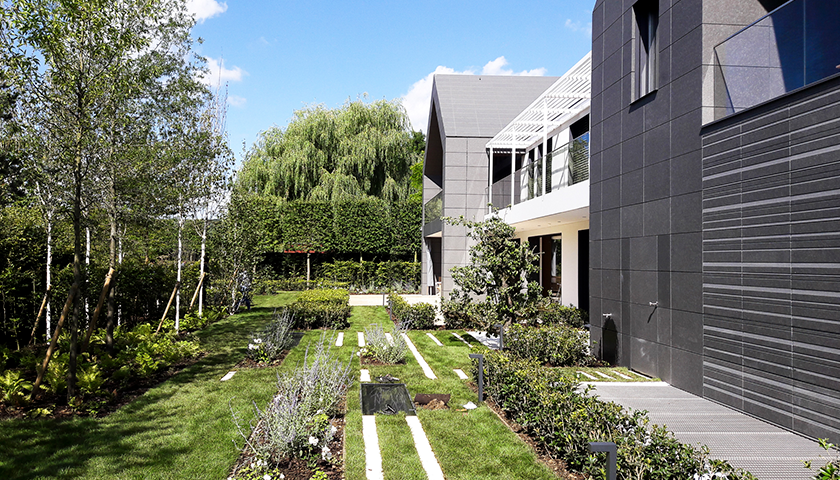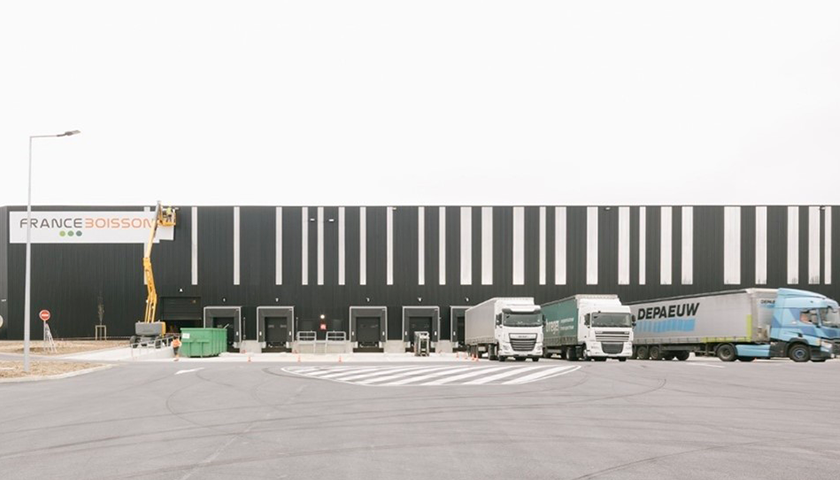Recyc-Matelas Europe and Veolia Belgium announce the launch of an automated line for the recycling of mattresses

Participation of the WCP IMPACT DEV #1 fund (Impact expertise) since 2021, Recyc-Matelas Europe (RME) has designed, with its historical partner Veolia Belgium & Luxembourg, a complete mattress recycling solution in Belgium allowing the processing of up to 500,000 mattresses per year, i.e. 50% of the mattresses thrown away by Belgians each year.
From the container park to the recovery of materials, this solution is the only one to offer a complete mattress recycling loop in Belgium.
A pioneering solution in response to a real ecological challenge
Indeed, approximately 1 million mattresses are thrown away each year in Belgium. They were until recently recovered for energy by incineration. Yet the majority of their components are recyclable.
Since 2021, the recycling of mattresses has been gradually made compulsory in Belgium. RME and Veolia anticipated this legislation and thus positioned themselves as pioneers in the recycling of used mattresses with their Recyc Mattress Belgium unit.
A complete circular solution
For the collection of mattresses, Veolia has developed innovative, patented boxes in which the mattresses are easily stacked. These boxes keep the mattresses clean and dry to improve the recycling yield, and simplify the transport of the mattresses, from the container park, the hospital or the bedding store to the dismantling unit in Sombreffe.
The Recyc Mattress Belgium unit, located on the Veolia site in Sombreffe – operated by Recyc-Matelas Europe, has been using an automated and ergonomic sorting process since April 2022, enabling it to process up to 500,000 mattresses per year, i.e. 50% of the volume of used mattresses each year in Belgium. This automated process, unique in Belgium, makes it possible to recycle or recover all the raw materials of the mattresses.
The various extracted materials (polyurethane foams, latex, springs, textiles) are packaged and then transported via RME to mainly Belgian partners, in order to be used as raw materials in other industries (insulating materials, gym mats, padding car seat, etc). What is not recycled (textiles) is recovered for energy to produce electricity transmitted on the Belgian network.



